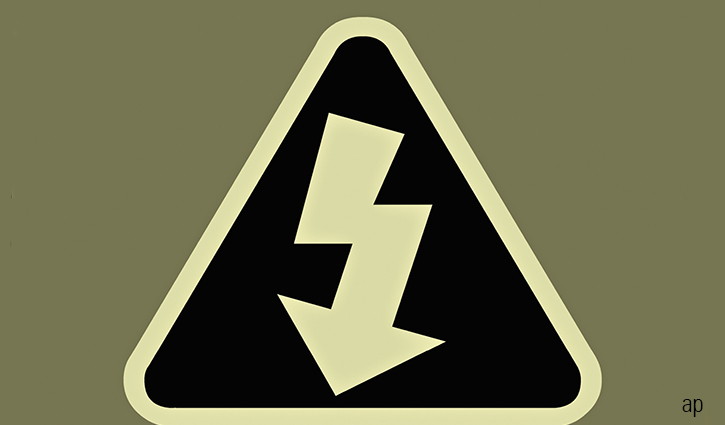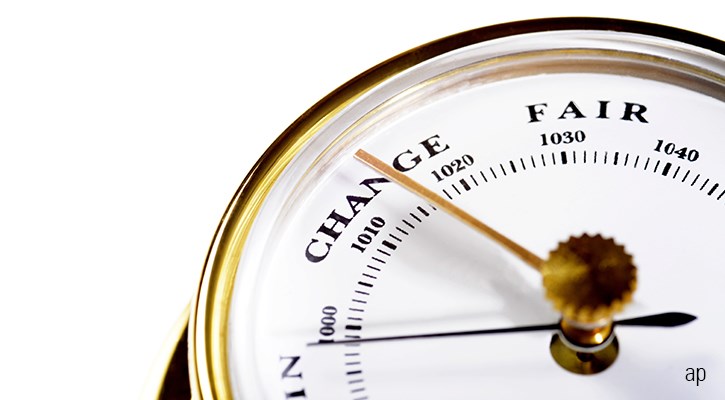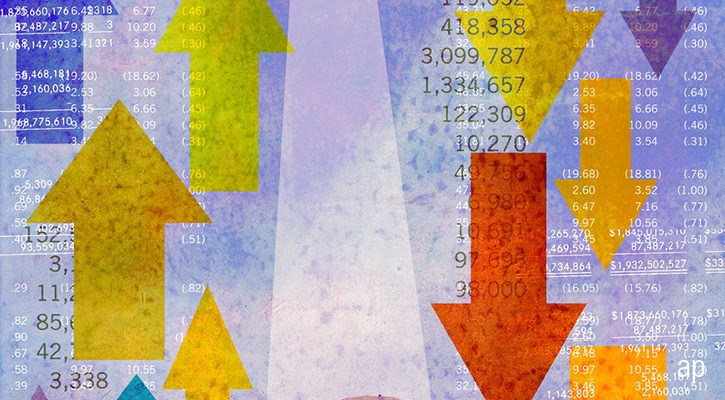
Given the unpredictable nature of the world, forecasting is a perilous business these days, even for experts who make it their job to anticipate likely scenarios in markets and economies. Still, investors like to look ahead to get a better handle on events and understand the world better, rather than just react to the volatility.
At this year’s Morningstar Investment Conference in London, we asked two experts from bond company Pimco to gives us a steer on what the world is likely facing in the coming years: Joachim Fels, global economic adviser and member of the company’s "secular forum", which looks at global trends; and Daniel J. Ivascyn, the company’s group chief investment officer. Here are five trends they are keeping an eye on.
It’s Sensible to Prepare for Recession
While a recession is not guaranteed, investors would do well for prepare for it, says Ivascyn.
"Growth is slowing fast to something like stall speed," says Fels, using an aviation metaphor (stall speed is the minimum a plane needs to stay in the sky). "It doesn’t take much of a shock to push us into a recession."
He also warns high inflation is likely to co-exist with low growth. But a recession will likely be relatively shallow compared with the global financial crisis and recent pandemic downturn. Household balance sheets are in better shape than 12/13 years ago, Fels argues, and the housing market is likely to remain more robust, given lower levels of debt than in previous crises.
But Central Banks Won’t/Can’t Ride to the Rescue
"This will be a period where [a] recession will likely coincide with a more limited response from policymakers," Ivascyn says.
Central banks are thus fighting inflation while also trying to avoid killing off economic growth, and that’s a tricky balance. "[When] the next recession comes around, governments and central banks will probably react more slowly," Fels agrees. That will prolong the pain.
Corporate defaults are likely to rise too, but there will be no "too big to fail" mindset from already indebted governments, as in the financial crash of 2008.
Security Comes at a Cost
Following Covid-19 and the Russian invasion of Ukraine, the world's priorities now seem obvious: the West wants greater security in the form of better energy supplies, healthcare and defence.
That higher spending will boost many sectors of the economy, but it will divert money from many more needy areas, and won’t solve the world’s productivity problem.
Higher spending could keep inflation elevated for longer, although Ivascyn expects it to fall back from current levels. (We discussed this in relation to the Bank of England in May in our article When Will the Inflation Balloon Crash?).
Reach for Resilience, Beware Regulation
Pimco says investors should refocus their attitudes from the "zero interest rate" era, when it was all about the "reach for yield", to a "reach for resilience" instead.
For companies that means making sure supply chains are in better shape than they were before the pandemic stretched their operations to the bone.
That will inevitably lead to higher costs as firms "re-shore" from the Far East (we will discuss this issue and what it means for China in our upcoming emerging markets special report week later this month).
There is bad news for investors and trade negotiators, but good news for bureaucrats and lawyers: in a more complex world, we’re going to need more rules and regulations. "This search for resilience probably goes hand in hand with more regulation and to some extent more protectionism and that’s not good for growth," Fels says.
The Fragmenting World
Most investors feel the world is becoming more complex, volatile and dangerous. Russia’s aggression in Ukraine is one example, but China has also played a key role.
Just this week the heads of the FBI and MI5 warned of the "game-changing" effects of China’s espionage. The trade war between the US and China in the Trump era was a driver of China’s increasing isolation from the West, a process still evident in 2022. Beijing’s pursuit of "zero Covid" led to the shutdown of entire cities, for instance, continuing the trend.
This matters for investors too, as it seems to reverse much of the trade expansion since the end of the cold war. Fels describes the process as "creeping deglobalisation" and Ivascyn says this makes for a less predictable world, with less synchronised business cycles. Still, this is the new reality and with it will come a new challenge to manage the ups and downs.
"Investors will become more comfortable with higher volatility", he concludes.




























